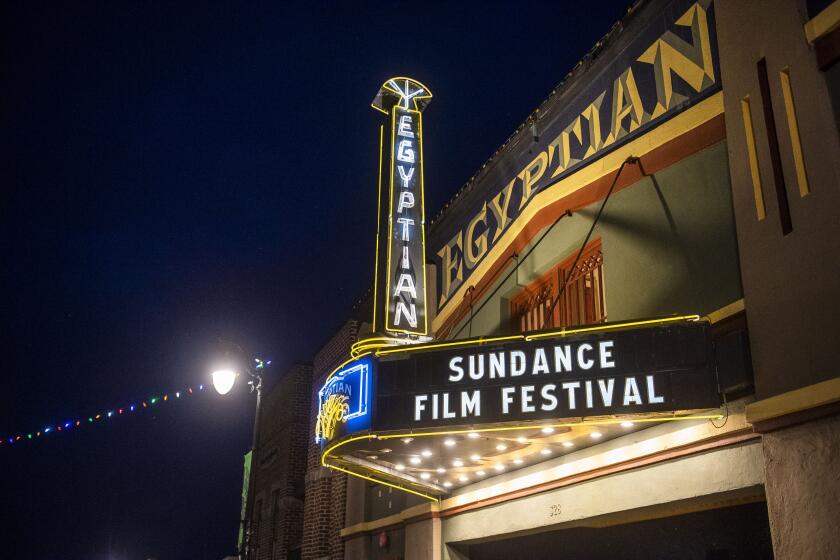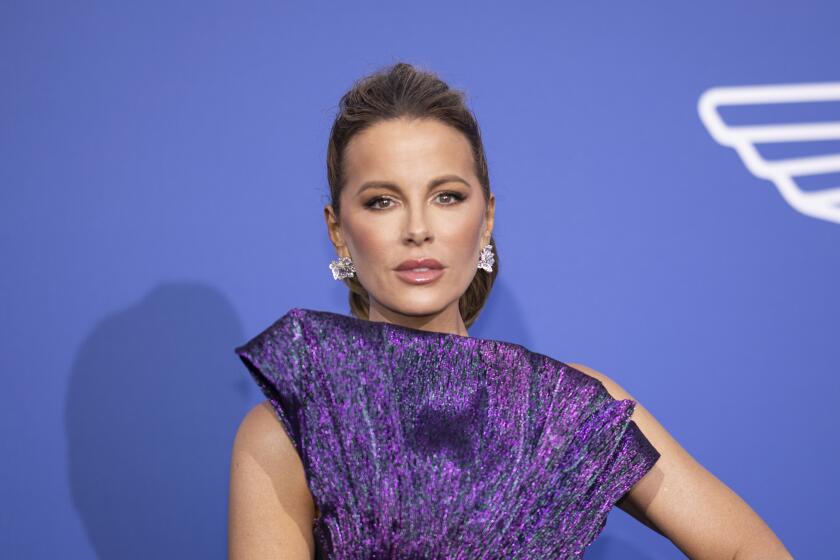Our Diverse 100: Meet Teyonah Parris, the actress working to change Hollywood’s minds
As the first major African American character on “Mad Men,” Parris became an instant critics’ darling. But her breakthrough came from the independent film “Dear White People” in 2014. She also starred in Spike Lee’s anti-gang and gun violence satire “Chi-Raq” in 2015. This Q&A is part of a special series examining diversity in the Academy of Motion Picture Arts and Sciences. Read more profiles here.
What was your reaction to #OscarsSoWhite — the lack of nominees of color and the resulting conversation?
I felt a little bit weary, if I’m honest. A, how is this possible in 2016 there are no persons of color in [the main acting categories]? I was frustrated, as were many people, then I became weary. Why aren’t there films being made that tell ethnically diverse stories? Or why is it so impossible to allow a person of color to add their texture and their essence to a role that is not ethnically specific. I don’t know why it's a novel or risky idea to consider making a film look like how our world actually looks today.
At what point did you know your race or gender was impacting your career, positively or negatively?
I think you realize that very early on. You look at the character descriptions and when you see “ethnically ambiguous,” it’s like that automatically excludes me; I am so ethnically specific, specifically black. But I think where before it would discourage me — because I was obviously not what they’re looking for — now, when I see that, I take it as if it’s all good and that I can change their mind. I take it as an opportunity to go in and do great work.
Was there a person in the industry that looked like you and made you think this could be a career for you?
The person that inspired me throughout most of my childhood was Angela Bassett. It’s that thing where your mom, when you’re in a school play and don’t want to do it, she says, “If you want to be like Angela Bassett, you’ve got to....” I was too young to understand what my mother saw [in her], but I now know it was because she saw a version of herself on-screen [in Bassett] and wanted her daughter to grow up and have some of those same beautiful qualities.
How do you feel about the academy’s response to the diversity issue?
I think [Cheryl Boone Isaacs] is absolutely amazing. It’s crazy that no one has thought to do this, but for her to take the initiative to show concerted efforts and have a timeline, I think that is a necessary step forward.
What is your favorite Oscar memory?
Halle Berry winning. I remember her in that burgundy dress with the peek-a-boo stomach part. Again, because I was young, a lot of my understanding about what was happening came through my mom and dad — with them saying this is huge. I remember seeing her up there and crying and being excited and moved. I was moved and I was excited too.
READ MORE: Here are 100 people in Hollywood who could help fix the Academy’s diversity problem
Only good movies
Get the Indie Focus newsletter, Mark Olsen's weekly guide to the world of cinema.
You may occasionally receive promotional content from the Los Angeles Times.




